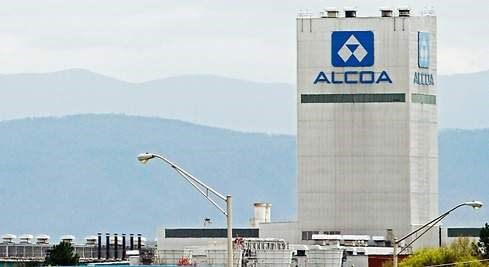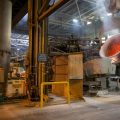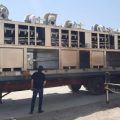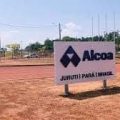The central government claims to Alcoa the return of 34 million euros of aid for CO2 offsets. It has done so following the ruling of the Superior Court of Justice of Galicia (TSXG) that overturned the employment regulation plan (ERE) that the company had presented for 524 workers. The decision was upheld by the Supreme Court. The collective dismissal breached a requirement of these subsidies, which was to maintain employment for three years.
The conflict began a year and a half ago, when Alcoa announced its intention to close the primary aluminium plant and lay off the workforce. A period of negotiations to sell to Liberty House was opened in August and September last year but did not come to fruition. In January 2021, after the cancellation of the ERE, the company agreed to sit down again to negotiate a possible sale, but there has been no agreement so far. Faced with the lack of progress, the workers resumed the strike and protests last September.
Precisely, the Minister of Industry, Reyes Maroto, has accused Alcoa of being “the problem” to clear the future of the primary aluminum factory that has in the region of A Mariña, in the province of Lugo. The Ministry has given the company until the end of December to give an answer to try to put an end to a conflict that has been going on for a year and a half and that threatens more than half a thousand direct jobs.
According to a company statement, the collective dismissal was proposed due to the unsustainable situation of the San Ciprián aluminium plant, which has generated losses of approximately €160 million in the last three years (2018-2020) due to the lack of a competitive energy framework in Spain. “This problem persists and has worsened significantly in recent months, with a forecast energy price in the fourth quarter of 2021 for the aluminum plant above 170 €/MWh, which further confirms the unfeasibility of the plant in the current circumstances,” they add.
Despite the difficult situation, Alcoa states that it has never proposed to close the plant and has offered numerous reasonable alternatives, such as an ERTE and keeping the electrolysis vats in a restart condition, a sale to SEPI for a subsequent transfer to a third party, or the possibility of a direct sale to a third party if the plant first obtains access to a competitive energy framework.
However, the Supreme Court ruling does not alter the unviability of the aluminum plant, which persists and has worsened in recent months due to the lack of a competitive energy framework.














